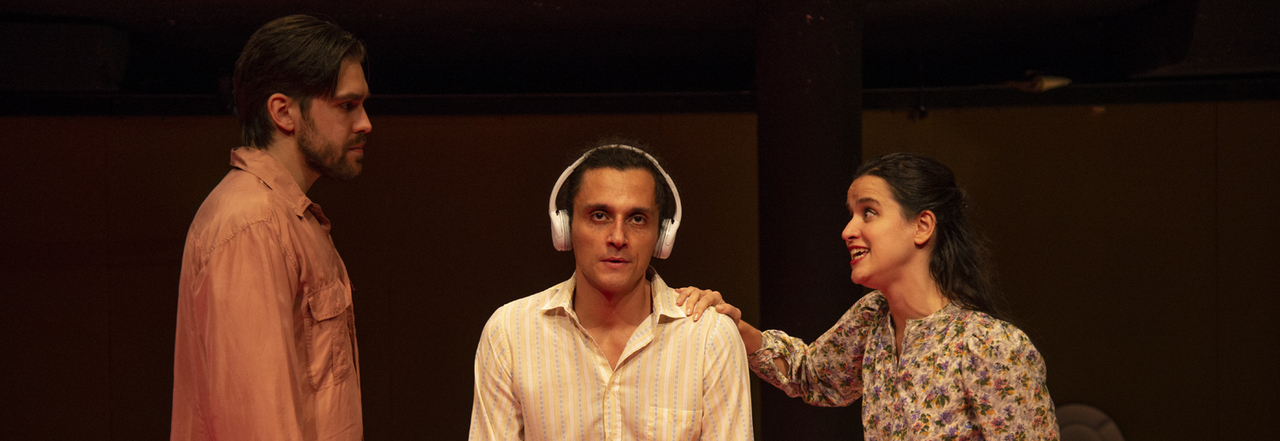The Electronic Reimagining of 'La Serva Padrona' at Officine San Carlo

Wednesday 17 April 2024, 20:24
2 Minutes of Reading
Arriving on the scene at the Officine San Carlo, next Friday 19 and Saturday 20 April, is a reworking of 'La Serva Padrona' by Giovanni Battista Pergolesi, rewritten in an electronic version. The direction is by Rosario Sparno, while Massimiliano Sacchi and Giulio Fazio took care of the electronic reworking. The scenography is by Kristina Psoni, the costumes by Giusi Giustino, and the lighting design by Simone Picardi. The vocal cast includes Costanza Cutaia, who will give voice and face to Serpina, Ignas Melnikas in the role of Uberto, and Renato De Simone in that of Vespone. In the electronic version, Pergolesi shines in the dynamism of his melodies, revealing his modernity: Marco Palumbo on the harpsichord will be accompanied by Giulio Fazio on the synth, who, with Francesco De Simone, will be on live electronics. 'La Serva Padrona', first staged in 1733 at the Teatro San Bartolomeo, represents the genre of comic opera at its highest expression and flowering. The text by Gennaro Antonio Federico offered Pergolesi the opportunity for a masterpiece of balance between dialogic vivacity and formal proportion, realism and stylization, grotesque caricature, and subtle psychological shading. The result was a small opera that made the greatness of the Neapolitan opera buffa with the realization of an unrestrained and energetically positive comedy, which caused a sensation throughout Europe with a debate that involved the brightest minds of the time, from Rousseau to Diderot, from Grimm to d'Alembert to Voltaire himself. 'The true Serva Padrona is the opera buffa itself - states Rosario Sparno - Born to 'serve' as an intermezzo to a 'master' opera (Il prigionier superbo, a serious opera for which La serva padrona was conceived as a comic intermezzo), this lively and cheerful opera buffa by Pergolesi has over time assumed the dignity, strength, and autonomy of a true 'Master Opera'. What we experience on stage - he continues - is in all respects the ménage of a couple of lovers who taunt, provoke, and chase each other in a game of roles to be deconstructed and reconstructed every time. Every day. It's the game of seduction, theirs. Of asserting power over each other. Sparno concludes: 'Serpina and Uberto are both aware that roles are never defined and each of them can overturn their situation at any moment. Even the original and well-known eighteenth-century score this time bends and also serves the electronic sounds. Vespone is the Servant who witnesses this game. He participates obediently but amused because he knows that no Master Opera of love, jealousy, or power could go on stage without him, who acts as a discreet and dreamy audience.'
© ALL RIGHTS RESERVED
This article is automatically translated
This article is automatically translated
